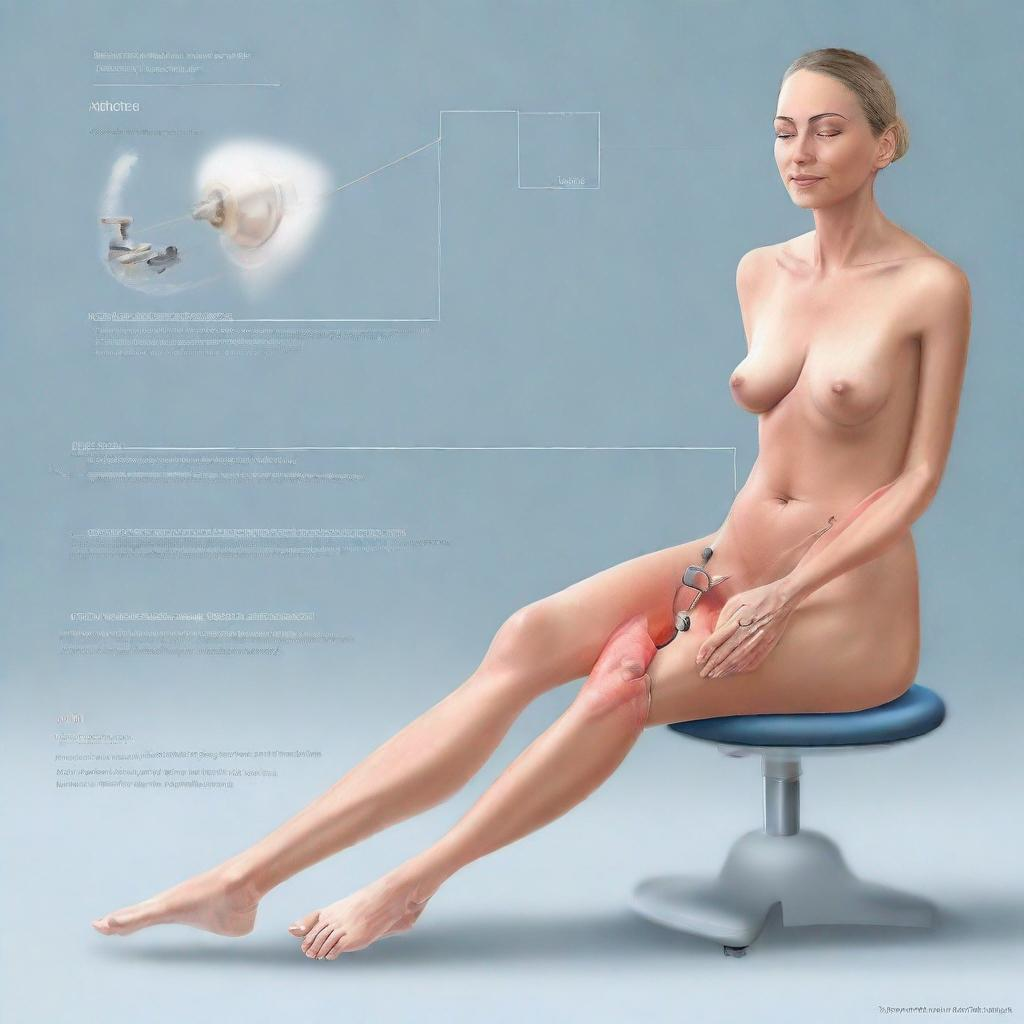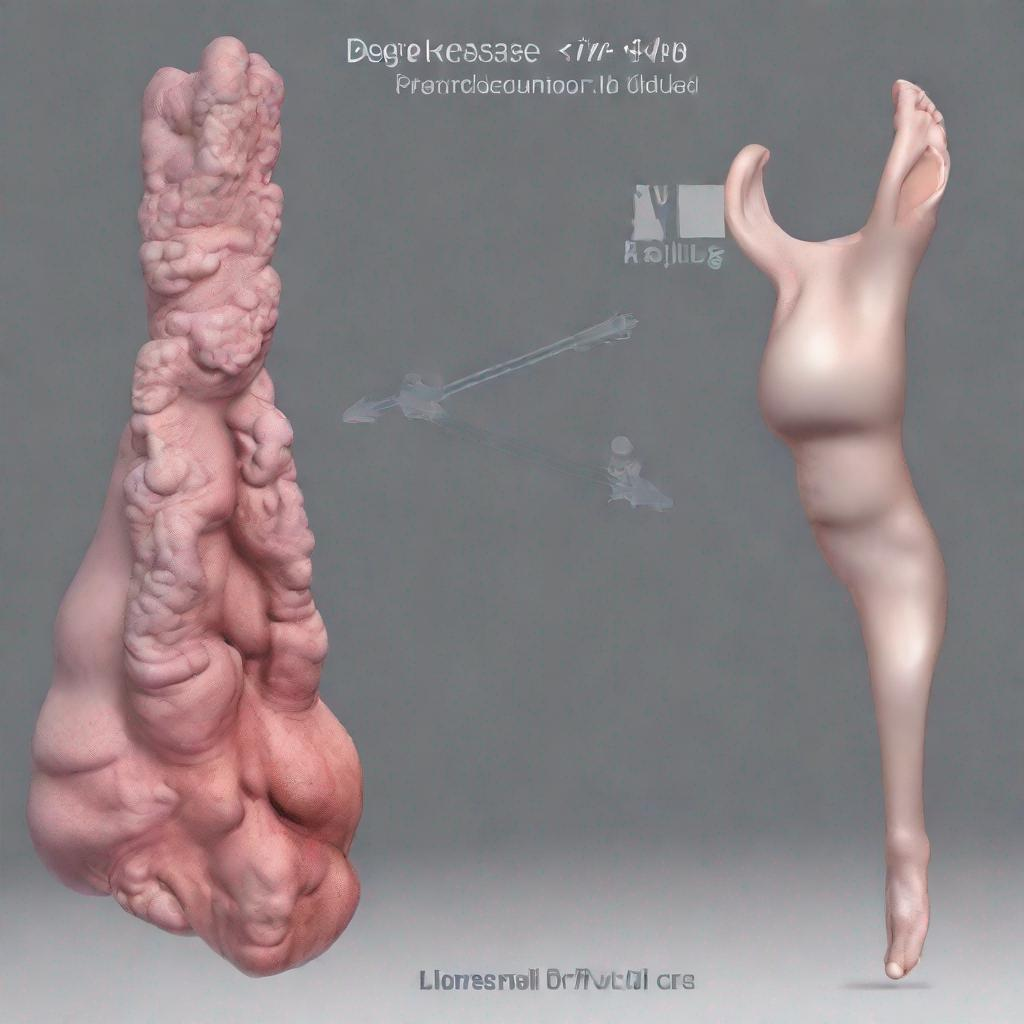## Vitamin E: A Comprehensive Guide for Patients
### Introduction
Vitamin E is a vital nutrient that plays a crucial role in overall health. The Vitamin E test, also known as the tocopherols test, measures vitamin E levels in the blood, specifically alpha-tocopherol. This test helps diagnose vitamin E deficiency, which can result from various underlying health conditions.
### Test Overview
The Vitamin E test evaluates alpha-tocopherol concentration in the blood, the most active form of vitamin E. Vitamin E is an antioxidant that protects cells from free radical damage. It also supports the nervous system, muscles, and immune system.
### Conditions and Diseases Detected
The Vitamin E test can detect:
* **Vitamin E deficiency:** Caused by malabsorption syndromes (abetalipoproteinemia, cystic fibrosis, celiac sprue, cholestasis, short bowel syndrome).
* **Malabsorption:** Conditions affecting nutrient absorption (celiac disease, Crohn’s disease).
* **Malnutrition:** Severe malnutrition can lead to vitamin E deficiency.
* **Liver disease:** Liver damage or dysfunction can impair vitamin E absorption and metabolism.
* **Cystic fibrosis:** This genetic disorder leads to malabsorption and vitamin E deficiency.
* **Abetalipoproteinemia:** A rare genetic condition that prevents fat and fat-soluble vitamin absorption (including vitamin E).
### Symptoms of Vitamin E Deficiency
Vitamin E deficiency can cause:
* Neuropathy (nerve damage)
* Ataxia (coordination and balance difficulties)
* Retinopathy (eye damage)
* Anemia (low red blood cell count)
* Impaired immune function
### Preparation Guidelines
* Fast for 8-12 hours before the blood draw.
* Avoid vitamin E supplements or medications for 24 hours prior to the test.
### Procedure
A healthcare professional will draw a small amount of blood from a vein in your arm for analysis.
### Duration and Waiting Time
The blood draw takes only a few minutes, and results are usually available within a few days.
### Additional Tests
Your healthcare provider may recommend additional tests:
* Complete blood count (CBC)
* Liver function tests
* Lipid panel
* C-reactive protein (CRP) test
### Conclusion
The Vitamin E test assesses vitamin E levels in the blood. It helps diagnose vitamin E deficiency and identify underlying health conditions. Early detection and treatment are crucial to prevent or mitigate serious health complications. Consult with your healthcare provider if you experience symptoms suggestive of vitamin E deficiency or have risk factors for malabsorption or malnutrition.



